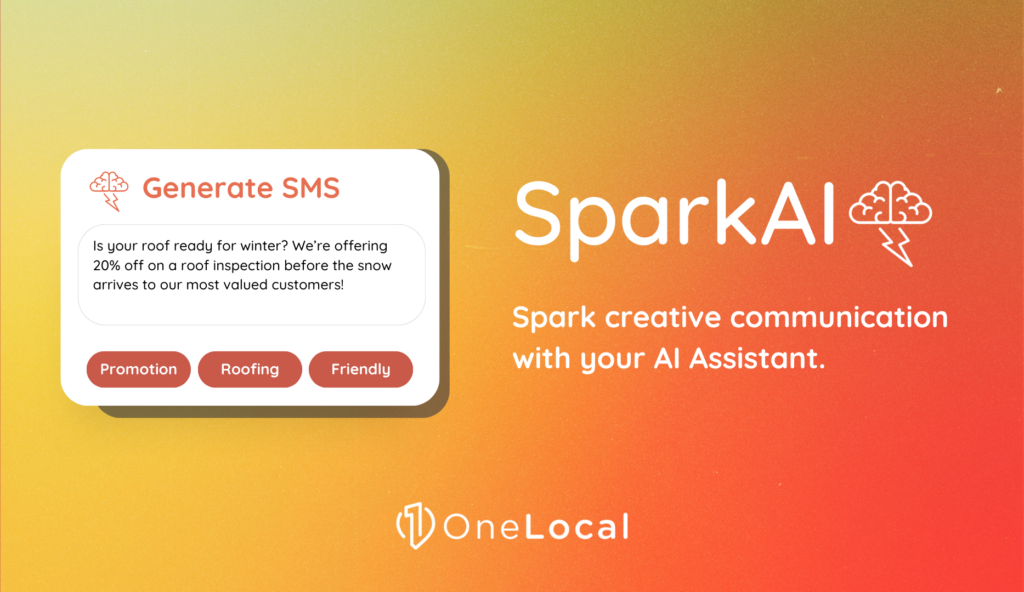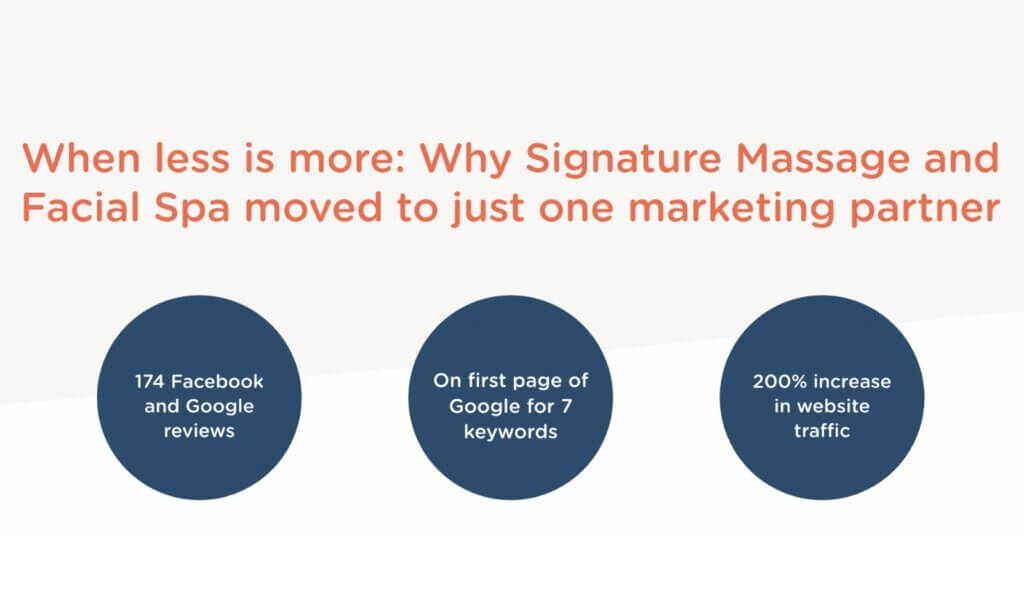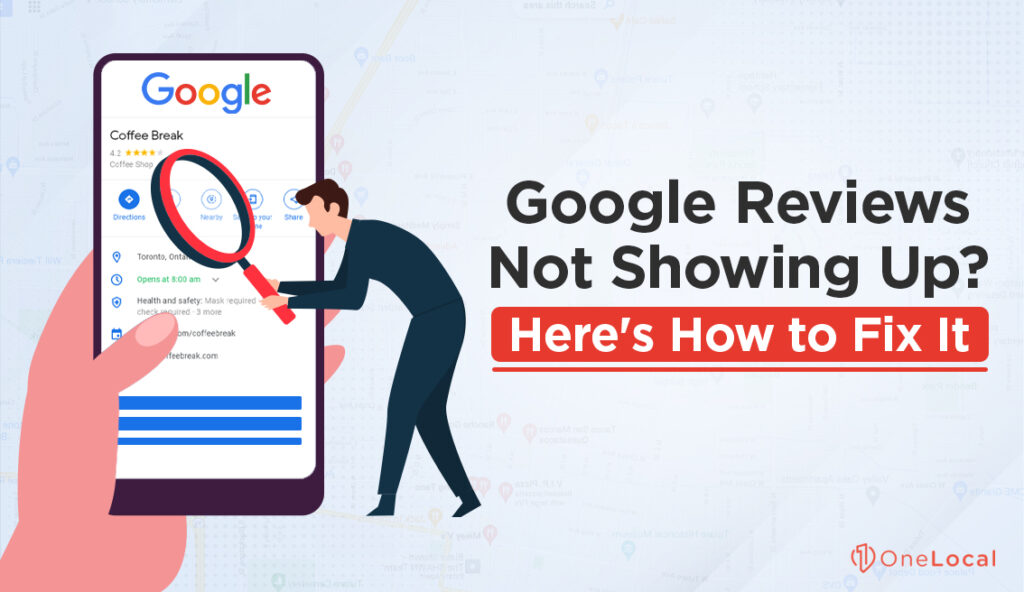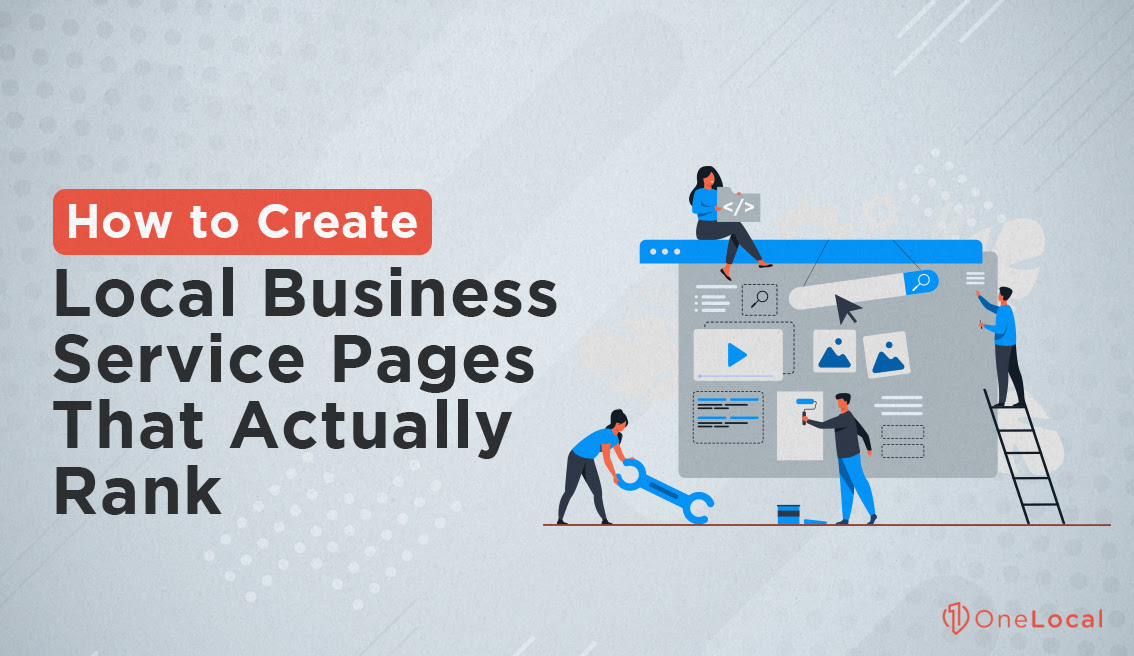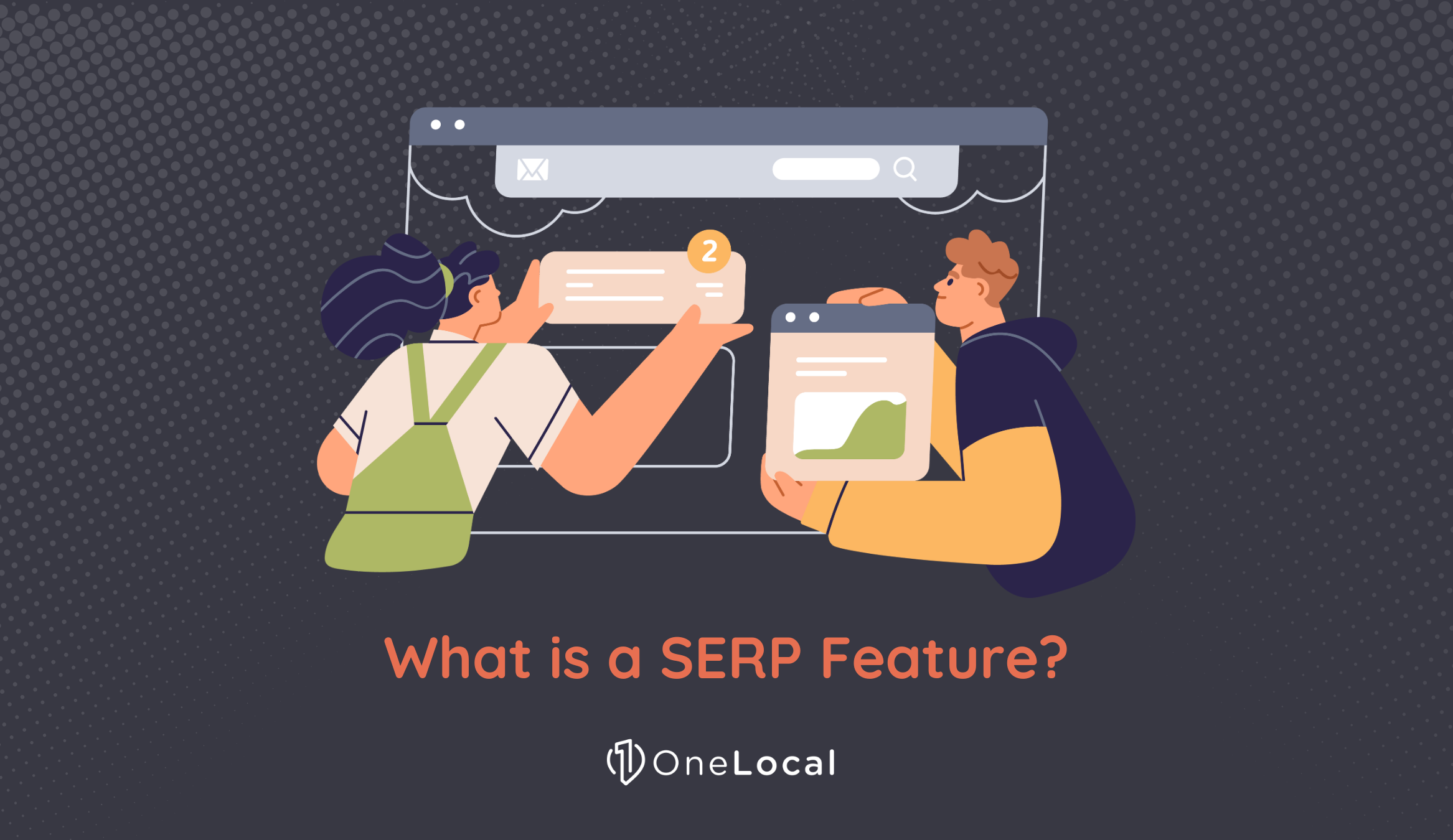Do you know that close to half of all Google searches look for local information? Want to get more customers and show up more often? You should have a well-made local business page. This is important if you want to do well in the crowded world of local SEO. You don’t need to be an expert; simply having good habits and good content can make a big difference!
You can be helpful and stay up-to-date by mixing old SEO ways with new ones. You may try to help with your local service pages to get great results. So, how can you start? Let’s talk about this some more!
#1: Keyword Research
Keyword research is important for improving the SEO of your local business service pages. You should start by finding the right keywords. Think about what words your potential customers use when they look for services like yours. What do they type into the search bar? Add these keywords to your service page content to help match what your audience is searching for. This way, your pages are more likely to show up in search results and get more targeted traffic.
You need to understand the intent behind these keywords. People can search for information, navigation, transactions, or commercial reasons. When you know what people want, you can create content that meets their needs. Just to give you an example, if someone searches for “affordable web design services,” your page should mention being affordable and the benefits they get. This makes your site meet their expectations and helps you rank higher.
You should also look at your competition. Check out which keywords your competitors use. This helps you see which ones are competitive and which ones are not as hard to rank for. How do you pick the best keywords to target? Go for ones that balance competition, search volume, and attention to those that can help with your visibility. Not too hard, right?
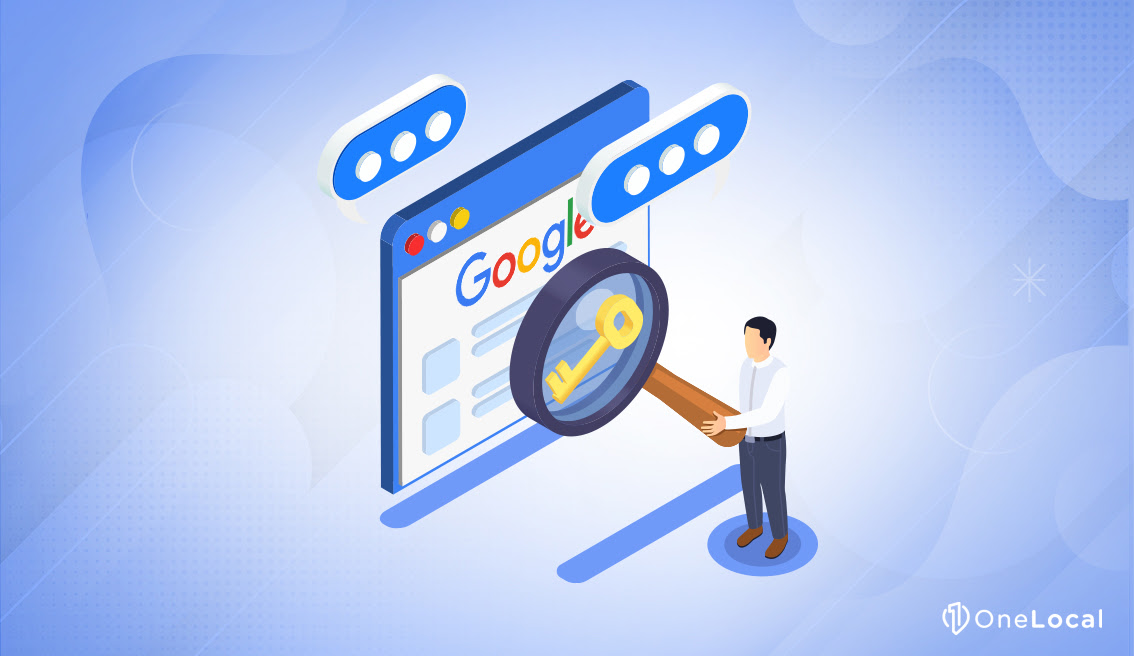
After you find the right keywords, optimize your page parts. You should pay attention to page titles and meta descriptions and add primary keywords to them. This can lead to better click-through rates from search results. You should also use keywords in headings (H1, H2, H3) to help search engines understand your page better. Naturally, scatter keywords throughout your content and URL slugs to make your pages more relevant.
Your keyword research will guide you in creating high-quality and relevant content. When you give complete information that answers your audience’s questions, you keep users involved and show search engines that your pages are useful. This can increase how long people stay on your site.
Lastly, you should work on internal linking through keyword research. You should link your service pages with keyword-rich anchor text. This makes your site easier to crawl and helps search engines see the links between different pages on your site.
Now, let’s talk about why creating strong and localized content for your service pages matters.
#2: Page Structure
It’s important to set up your website correctly, as well as for local service pages. You may be asking: How does having a well-organized page help your site’s SEO?
You should know that a great page setup makes it easier for search engines to look through and list your site. Search engine bots crawl and index sites better when the layout is clear and easy to follow. When your important pages are easy to reach with clear links, search engines can find and list your content more quickly. This helps your site show up better in searches.
Let’s think about your users. Do they find what they need fast on your site? A solid page layout makes the user experience (UX) much better. When people can move around your site easily, they like to stay longer, and your bounce rates go down. Things like clear menus, breadcrumbs, and smart internal links help users find their way around. This good user interaction tells search engines that your site has helpful and valuable content, which can raise your search rankings.
You may want to pay attention to your URLs, too. Optimized URLs are short, clear, and have the right keywords. This helps search engines understand your pages and also gets more clicks from search results. For local service pages, add the location to the URL. This can help with your local SEO.
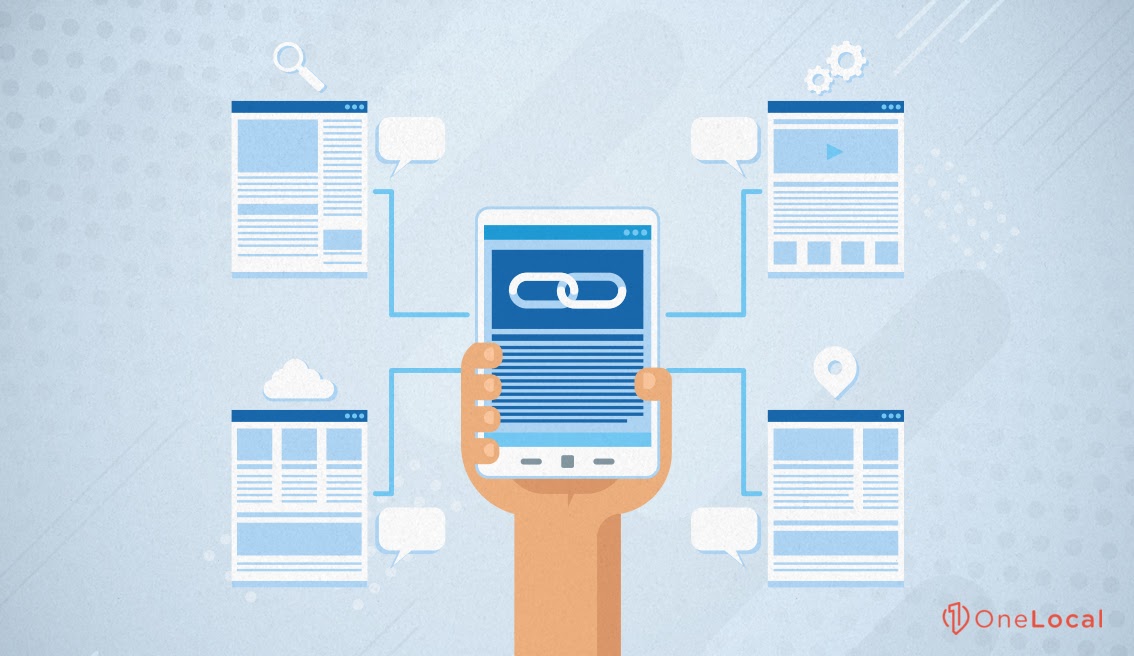
Use heading tags the right way. Thoughtful use of heading tags (H1, H2, H3, etc.) helps organize your content. The H1 tag should have the main keyword and tell what the page is about. Subheadings (H2, H3) break up the content into easy parts so users and search engines understand it better – a perfect recipe for success!
Think about your local service pages. They need full and useful content. How do you do this? Add complete service info and location details, and use the right local keywords in a natural way. This makes your content helpful for visitors and more likely to show up in local searches.
Remember that your site needs to work well on mobile devices! Lots of local searches are done on phones. A mobile-friendly design improves user experience and search engines like it too.
To help with your local rankings, follow local SEO best practices. Optimize your Google My Business profile, keep your NAP (Name, Address, Phone) details steadily across directories, and manage customer reviews actively.
You may also want to use structured data markup (schema). This gives more details to search engines. Local business schema can show important info like your location and services. This helps you stand out in local searches.
What else should you think about? Let’s talk about local SEO strategies! These can help your business website even more.
#3: Optimize On-Page SEO
To rank your local business service pages well, you should start with on-page SEO optimization. Kick off your efforts with a solid keyword research strategy. Tools like Google Keyword Planner, Ahrefs, or SEMrush can help you find both main and extra keywords and add long-tail ones. You may want to sprinkle these keywords naturally into your title tags, meta descriptions, header tags, body content, URL slugs, and image alt texts.
Make sure your content matches what users are looking for, and pay attention to the needs and questions of your target audience. This can help with engagement and lower bounce rates. Break your text into easy-to-read sections with headers, bullet points, and short paragraphs. Add an FAQ section to help answer common questions, and you may even get your page featured in snippets!
Page speed is very valuable for technical SEO. To make your pages load faster, try compressing images and browser caching and reducing CSS and JavaScript files. Tools like Google PageSpeed Plans can show you what needs improvement. Make sure your pages work well on mobile devices with responsive design. Clean and descriptive URLs with keywords can also help with your site’s SEO.
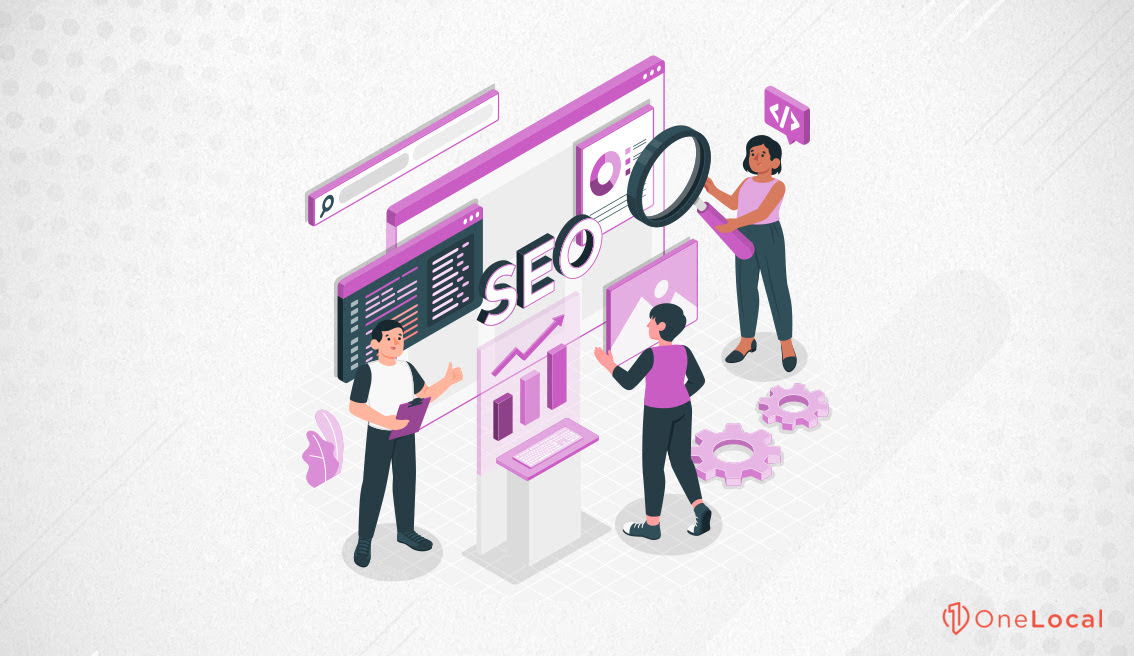
Remember metadata optimization. Write catchy and descriptive title tags with main keywords and keep them under 60 characters. Your meta descriptions should give a quick summary of your page and include main keywords, best within 150-160 characters! Use header tags correctly (H1 for main titles and H2/H3 for subheadings) that are both clear and rich with keywords.
Link to other pages within your site as needed. Use descriptive anchor text for these links to help with navigation and spread link equity. Linking to trusted outside sources adds extra insight and context that can help with your page’s credibility.
When optimizing visual content, you should use clear and descriptive alt texts for images, with relevant keywords to help with accessibility and image search rankings. Compress images to make them load faster and use the right file formats like JPEG for photos and PNG for graphics.
Now, let’s talk about user-generated content and how it can help with the SEO performance of your local business service pages. This can include things like reviews, testimonials, and user comments. You don’t have to get fancy with it – there are easy ways to add UGC to your site!
#4: User-Generated Content
User-generated content (UGC) can help make service pages for local businesses do better in search results. Here are some ways UGC can help local businesses rank higher:
UGC can get your search engine rankings up by giving your website fresh, real, and related content that search engines like Google love to see. This can be things like reviews, testimonials, social media posts, and comments. These add more layers to your website and make it more interesting for search engines.
You may want to encourage UGC because it gets customers to talk with your brand more. This means they might spend more time on your site and engage more overall. These are all good signs for search engines. Even blog comments are good for SEO.
UGC uses everyday language and long, complete keywords that regular content might miss. These keywords can help your service pages show up for more search queries and help to get you more traffic.
People see content made by other users as more real and trustworthy than content made by companies. Positive reviews and testimonials can earn the trust of potential customers. They make them more likely to buy from you. This trust can also make your brand look better, which helps with your local SEO.
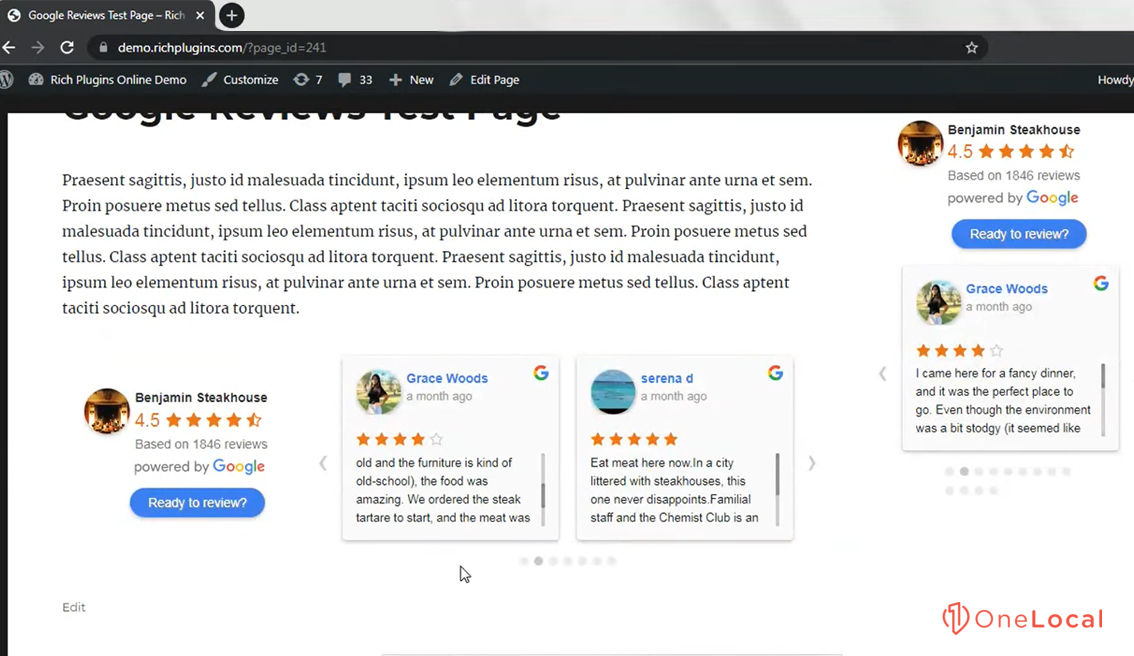
UGC can get your local community more involved by encouraging customers to share their stories about your business. This local buzz can make you show up higher in local search results since search engines see your business as popular and relevant in the area. Pretty cool, huh?
Here’s how you can use UGC for better local SEO:
Encourage customers to leave reviews on places like Google My Business, Yelp, and other local sites. Positive reviews can help with your local search rankings and give you great content for your service pages.
Display user content like reviews, testimonials, and social media posts right on your service pages. This can make these pages perform better and become more relevant to what search engines look for.
Create hashtag campaigns to get customers to share their experiences on social media. This can generate a lot of UGC you can use for your website and marketing, and even more, it can help with your local SEO.
Analyze the words and phrases used in UGC to find out which local terms your audience prefers. Use these keywords on your service pages to make them more relevant and better ranked for local searches.
Keep your Google My Business profile updated with UGC like customer reviews and photos. This can increase your visibility in local searches and draw more local customers.
Develop a good system to check UGC for spam or negative content. Use automated tools to filter the content first and have someone check it manually. This way, you keep the quality and relevance of the content high.
Now, let’s talk about how you can make your website load faster and work better on mobile to help your SEO even more!
#5: Use Internal and External Links
Internal and external links play a big part in helping your service pages rank better on search engines. Let’s break down how each type of link can help with SEO.
You should use internal links to connect different pages on your website. These links make it easier for visitors to find their way around, which can keep them on your site longer and lower your bounce rates. This also helps search engines see how your site is set up and find all your pages more easily. When you link high-importance pages to your service pages, those links can help with the rankings of your service pages, too. Make sure the text you use for these links, called anchor text, is clear and describes what the linked page is about. This makes it easier for search engines to understand and rank your pages for the right searches. Fun fact: Clear links rock!
It’s a good idea to follow some best practices for internal linking. Use clear, descriptive words for your links that match the content of the page you link to. Only link to pages that are relevant to each other. Don’t put too many links on one page, as this can be confusing for both users and search engines. Also, remember to check your website often to fix any broken links.
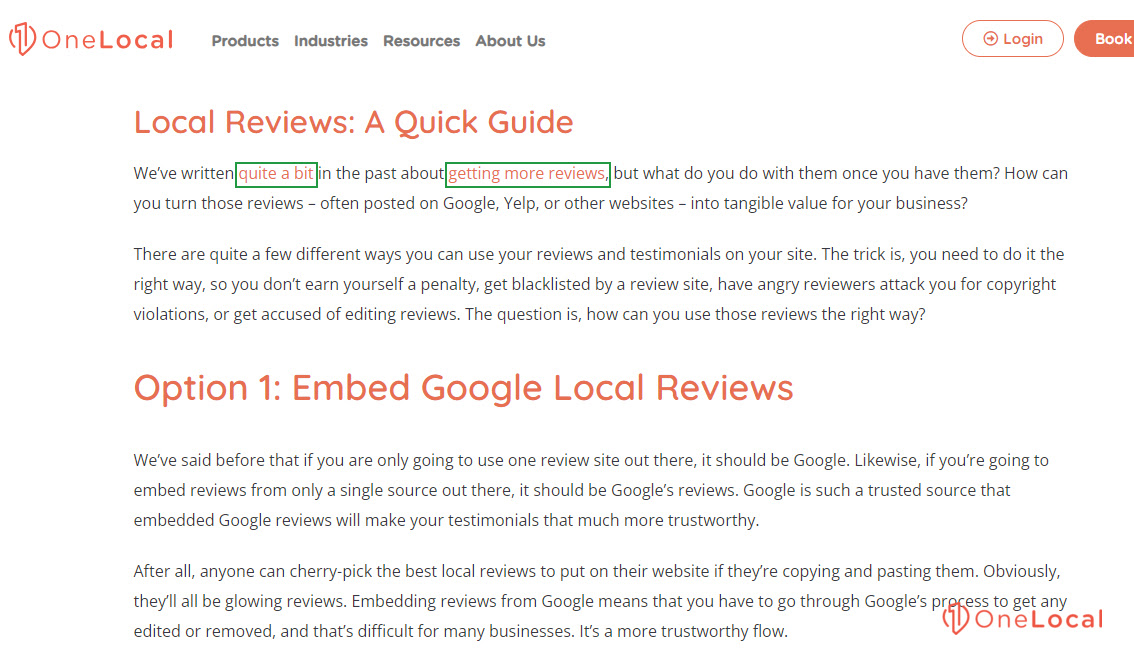
External links that lead from your site to other websites are also helpful for SEO. When you link to trusted, high-quality sites, it can make your content seem more reliable and trustworthy to both users and search engines. These links show that your content is well-researched and valuable. Besides, links to other good websites can help build relationships. When other sites notice that you link to them, they might link back to you – sending more visitors your way and improving your site’s authority.
For the best results with external linking, connect to high-quality, relevant sites that add value to your content. Be careful not to pass link equity to untrusted sites – use no-follow tags when needed. This will help search engines see your content as valuable and well-supported!
Grow Your Local Business
Think about all the things we’ve talked about. Creating a solid local business page isn’t just checking off a list. You need to know who your audience is, make content they use, and stay on top with SEO tips. Have you thought about how these little things can make a big difference? These basic steps are the foundation for local SEO success and help your business get seen and connect better with your audience.
When you pay attention to making keywords more relevant and organizing your pages and content from users well, you’re creating a strong business website. Did anything specific catch your eye about how these tips work together to build trust and authority? These details show that the magic happens when you turn web pages into strong tools that bring in traffic and turn visitors into loyal customers.
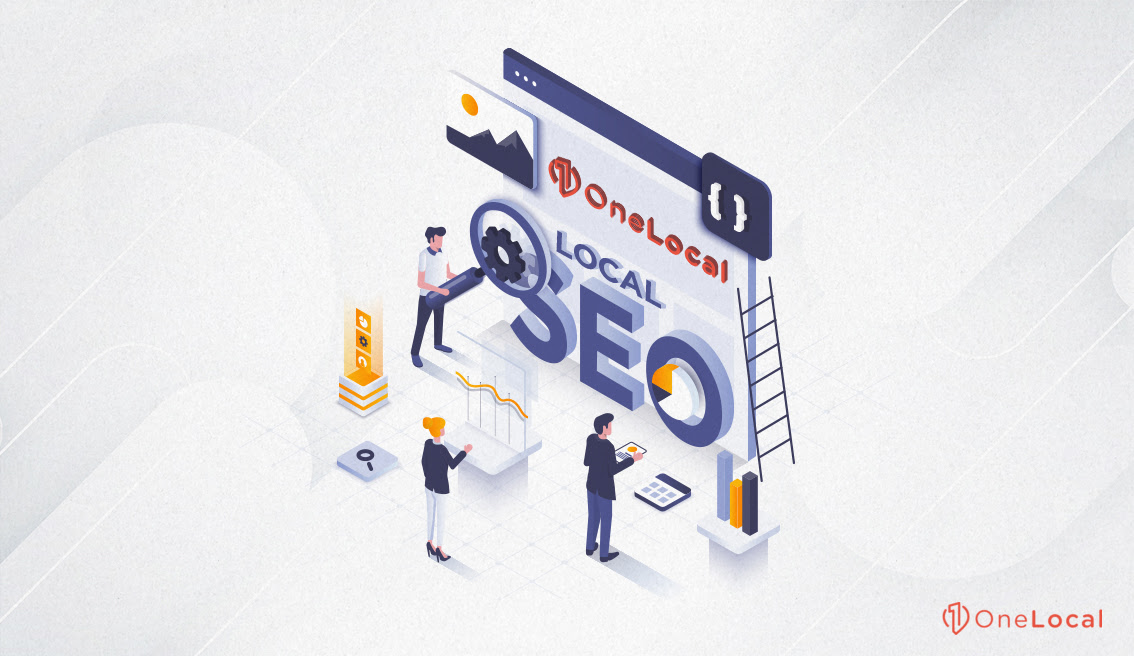
OneLocal has many services that can help meet your small business goals. We at OneLocal have solutions like LocalSite for custom websites, LocalReviews to help with your business reputation, LocalSEO to get better search rankings, and LocalAds to help with your ads, to name only a few. We want to keep your business competitive and help it grow in the market.
Think about what you can achieve by taking your strategy to the next level with our customized support. You can see how we can work together and the real change our services can bring by booking a free demo with us today! Let’s join forces to grow your business and make your customers happier in your local market.

Rachel Solway is a seasoned marketing professional dedicated to empowering small businesses through innovative marketing strategies. With extensive experience at OneLocal, a leading marketing solutions provider, Rachel’s insights are helping thousands of local businesses navigate the digital landscape.

